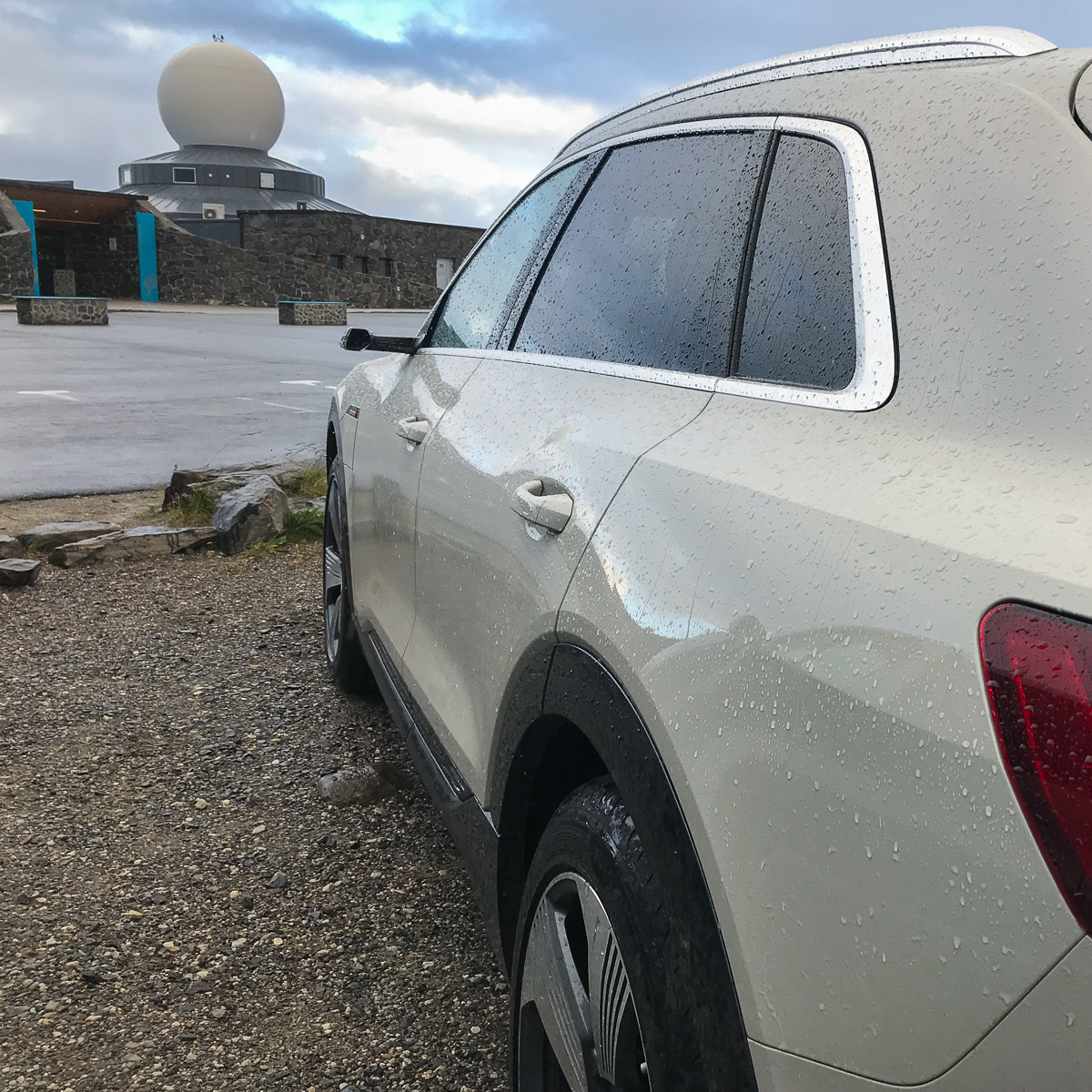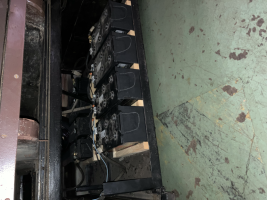4. There is clarity on what happens in (approx) ten years when the batteries reach the end of their life. What environmental damage will their disposal cause and will it be economically viable to replace them? If I carefully maintain a 10 year-old car as a local-daily-drive I know the engine can be kept going for years & years. Working on the premise that the least environmentally damaging vehicle is the one already on the road, I am not yet convinced that current technology can keep EVs going in the same way.
Most batteries are expected to last 100,000 to 200,000 miles, 15/20 years and are recycled. Obviously range will drop as it gets older (in the same way a car battery drops in performance over time but there is more tech in an EV that conditions the battery to extend the life), any ICE also detoriates over time, one upside of an EV is that there is less to go wrong so service bills will be minimal, mechanically it’s fairly simple.
The rest of the car can then be recycled in the same way as an ICE vehicle. Its a cleaner recycle as you don’t have an oily engine block to deal with, just a clean electric motor, chassis, body, wiring loom, body panels etc.
There is big money in scrap so nothing is wasted.
Yes, we lease an EV so quite possibly biased! but also own a 11 year old Cali. Prior to that our vans were 20 years old upon selling with 160k miles…engines were fine but bodywork starting to suffer…so I think in reality that life of EV is comparable / close to ICE.
What a lot of people miss is is how smooth EV’s are to drive and get blinkered on range anxiety/inaccurate charge times. There is no gear change with instant acceleration, no need to brake, easing off the throttle lows the car.
But that said I love old vans so always likely to own a diesel Cali!
Below photos are 35k of scrap being loaded from Liverpool to the USA, next time you see it will be a new car on a garage forecourt!..







ev-overlanding.com



























